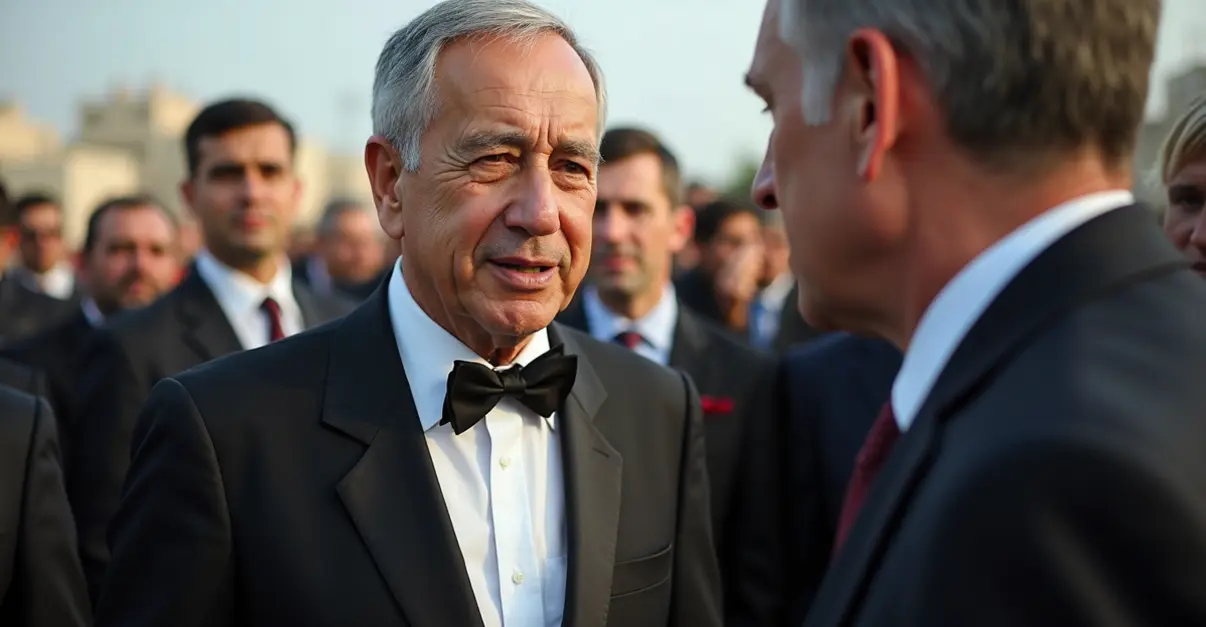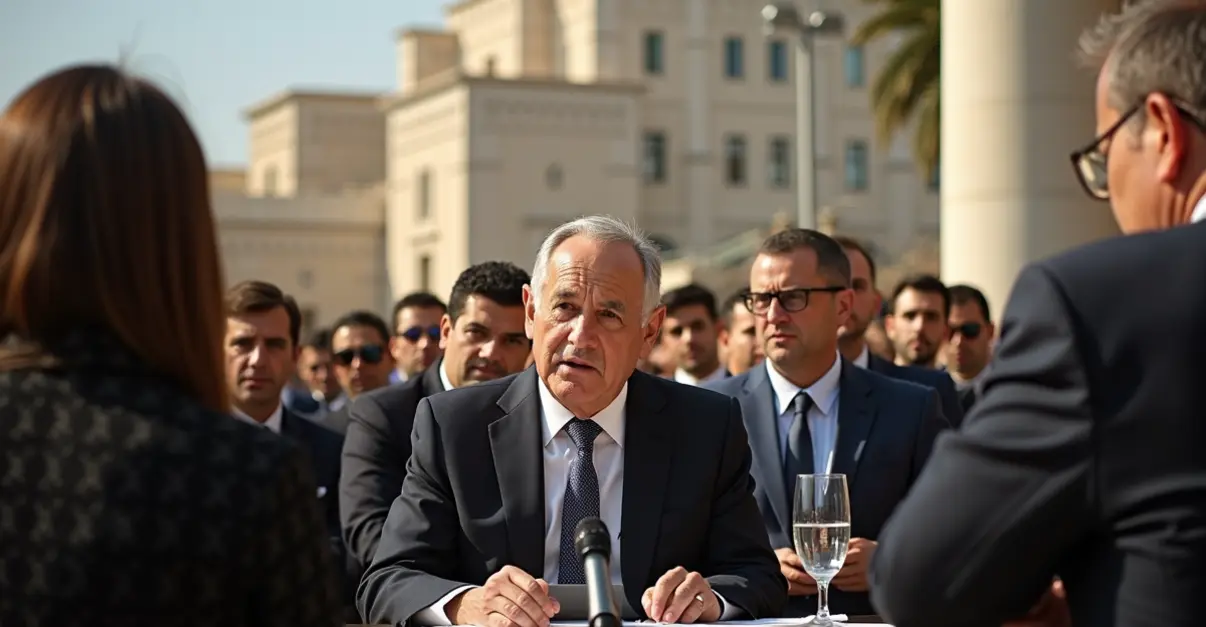Britain's Historic Recognition of Palestine
In a landmark diplomatic move, the United Kingdom has officially recognized the State of Palestine, marking a significant shift in Western policy toward the Israeli-Palestinian conflict. Prime Minister Keir Starmer announced the decision today, fulfilling a promise made in July 2025 that Britain would recognize Palestinian statehood if Israel failed to implement a ceasefire and alleviate suffering in Gaza.
Coordinated International Effort
The British recognition comes as part of a coordinated effort with France, Luxembourg, Australia, Canada, Malta, and Portugal. This collective action represents a growing Western consensus that Israel's actions in Gaza cannot continue without consequences after nearly two years of conflict, 65,000 deaths, and UN commission findings describing the situation as potential genocide.
"This is a moral duty," stated Prime Minister Starmer, emphasizing that the recognition fulfills Britain's responsibility to support a viable two-state solution.
Historical Context and Significance
The decision carries profound historical symbolism, coming more than a century after the 1917 Balfour Declaration in which Britain first laid the groundwork for the establishment of Israel. The move represents a dramatic reversal of Britain's traditional position and signals a new approach to Middle East diplomacy.
International Reactions
Israeli politicians immediately condemned the decision, calling it "rewarding Hamas for terrorism." Both President Trump and Prime Minister Netanyahu dismissed the recognition as merely symbolic with no practical impact on the ground situation in Gaza.
However, despite the symbolic nature of the recognition, it carries substantial moral and political weight. Most G7 countries—including Canada, France, Germany, Italy, Japan, the UK, and the US—had previously withheld recognition of Palestine despite decades of conflict.
Practical Challenges
The recognition raises complex practical questions about implementation. Palestine exists in a unique state of limbo—recognized by some countries but lacking internationally recognized borders, a capital city, or an official army. The practical details of how Britain will engage with Palestinian authorities, particularly given Hamas's control of Gaza, remain unclear.
Domestic Political Pressure
Starmer has faced increasing pressure within his own Labour Party to take stronger action against Israel. Prominent figures like London Mayor Sadiq Khan have openly described the situation in Gaza as genocide, creating internal pressure for a clearer stance.
The decision also comes amid complex diplomatic maneuvering, with former Prime Minister Tony Blair engaging separately with the Trump administration and Gulf states on Middle East policy, potentially undermining Starmer's leadership on the issue.
For more background on the two-state solution, see Wikipedia.

 Nederlands
Nederlands
 English
English
 Deutsch
Deutsch
 Français
Français
 Español
Español
 Português
Português










